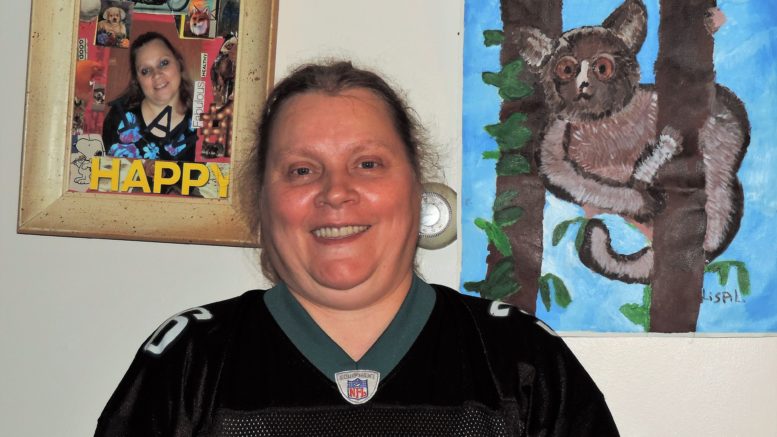The Southern Tier Independence Center (STIC), a 501(c)3 not-for-profit, is a community-based advocacy and service organization for children and adults with all types of disabilities. A key partner in Tioga and surrounding counties, STIC’s mission is to help shape a world in which people with disabilities are empowered to live fully integrated lives in their communities.
STIC’s role as coordinator is a critical element in the success of many disabled individuals and their families, and is also vital for educating the public.
Established in 1983 with a single grant of $100,000 through the State Education Department, STIC’s early history started with a staff of four. Today, STIC has diversified their programs, services and funding, and employs about 400 people under 30 different funding sources.
STIC funding comes via multiple state contracts, fee-for-service, corporate event sponsorships, project-specific-foundation grants and private individual donations.
All of the programs and services offered through STIC share common themes, and primarily those that promote independence, inclusion and community integration.
One program, Community Habilitation, pairs a Direct Support Professional (DSP) with an individual with a disability to assist them to lead a self-directed life, and where participation in the community is promoted to enhance community inclusion.
One STIC success story is that of 51-year-old Lisa Loveland, a long-time Tioga County resident who moved into her very own Waverly apartment a little more than two years ago. Lisa had previously lived in local residential group homes that house individuals with varying disabilities.
During a visit at her home, Lisa was busy with household chores, and then pointed out that she had already set up her Christmas tree and introduced Blackie, her pet guinea pig.
Lisa said, “I love living in my apartment,” and remarked that, although she misses friends at the group home, the aspect of living on her own is more appealing.
Kathy Scanlon, STIC Habilitation coordinator, explained that Lisa has a moderate intellectual disability, and shared, “She has thrived in the short amount of time since she relocated to the Waverly neighborhood.”
Scanlon was one of Lisa’s DSP’s in the past, and today, DeDe LaMont, Lisa’s current DSP, helps Lisa for several hours during the week. Also involved with Lisa’s progress is a care manager who meets or calls Lisa at least monthly.
“We focus on three goals a day,” LaMont said, and explained that the goals range from doing laundry to getting groceries, cooking and healthy living choices, and incorporating other routine life skills.
In addition, LaMont accompanies Lisa to various extracurricular activities, such as art classes at her former residence home, and where she can visit with friends. Pottery is a favorite art, and now several pieces Lisa has made decorate her kitchen window. Lisa is also a talented painter, and was eager to share a koala bear painting she had recently completed.
For Lisa, volunteering time at Stray Haven in Waverly is one way she participates in the community. Lisa holds a job at a local fast-food restaurant too, and where she has worked limited hours for six years. She is currently working with a career coach to pursue additional opportunities.
Program growth has, in turn, increased the need for DSP staff. Scanlon announced that STIC is hiring part-time and full-time positions, and where a number of the jobs are in Tioga County. STIC employs approximately 150 DSP’s.
Applicants must have a high school diploma or G.E.D., have a valid driver’s license and their own vehicle, as well as commit to multiple background checks.
LaMont shared, “You will enjoy this type of job if it is in your heart to help people with disabilities,” adding, “My reward has been watching Lisa flourish.”
To inquire about employment, stop by the STIC office at 135 E. Frederick St. in Binghamton or visit their website, www.stic-cil.org.



Be the first to comment on "Gaining independence helps many disabled people thrive"